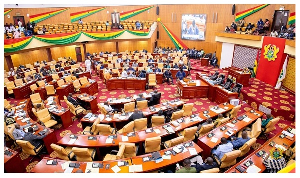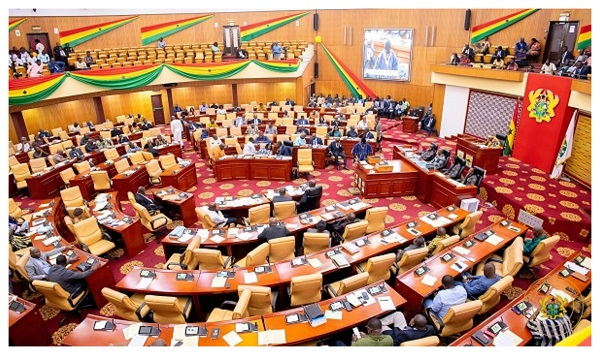 Parliament House of Ghana
Parliament House of Ghana
Ghana’s democracy, though over thirty years in practice, still shows signs of immaturity—most evident in how political parties manipulate narratives and apply double standards depending on whether they are in power or opposition.
The country’s continued progress on democratic indices hinges not on superficial achievements but on a foundation of honesty, accountability, and a commitment to national interest over partisan gain. Unfortunately, political behaviour suggests the opposite:
once a party moves into opposition, it often adopts an anti-national stance. Suddenly, nothing about Ghana seems worth defending unless it serves their narrative. National discourse becomes saturated with partisan spin, and in the end, the country suffers.
Take the handling of urgent national issues like illegal mining (galamsey) or youth unemployment. These are not prioritised. Instead, the focus is on blame games and avoiding responsibility. Political leadership is increasingly seen not as a duty to serve, but as the quickest path to personal wealth.
The recent cocaine bust is a perfect example. Rather than transparency and action, we are seeing the usual script: denials, deflections, and blame-shifting. Even when failures are apparent, government responses are more about saving face than serving truth.
Why can’t the government be honest with the people? Why cannot security agencies act without political interference? And why must the opposition distort facts to score political points?
We are witnessing a political culture in which truth is either hidden to protect an image or twisted to gain an advantage. This approach erodes public trust and undermines democracy.
If this is the way democratic governance continues—driven by self-preservation, dishonesty, and corruption—what future are we securing for the next generation? The obsession with political gain over national development is rotting our institutions.
Will Ghana ever see leaders who tell the truth, even when inconvenient? Leaders who prioritise the nation over the party? Leaders who treat democracy as a responsibility, not a tool for personal profit?
Only time will tell if we can reverse the damage. But without integrity at the core of leadership, Ghana’s democracy will remain vulnerable—and so will its future.


